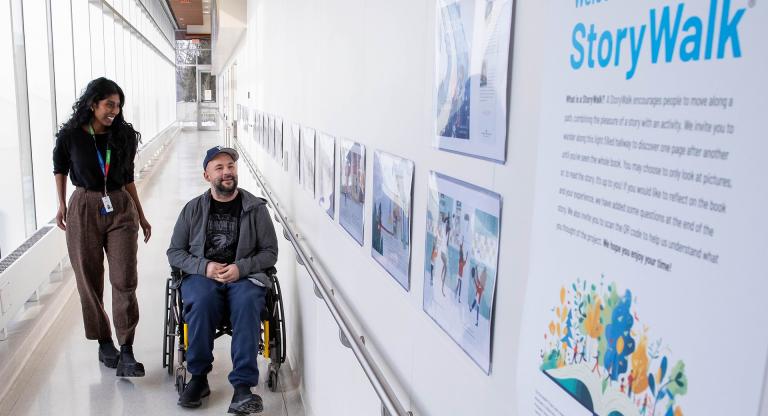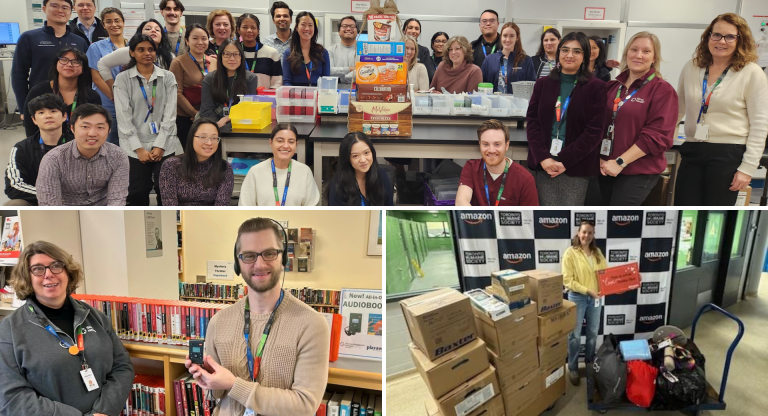New study finds thinking and communications difficulties common among COVID-19 patients

Researchers at Bridgepoint Active Healthcare, part of Sinai Health, say that they’ve found emerging evidence that cognitive and cognitive-communication difficulties can be a common complication of COVID-19. These findings are significant as they help inform the treatment and rehabilitation of patients with COVID-19.
In April 2020, Bridgepoint began admitting COVID-19 patients for rehabilitation. To better understand this new patient population, the patients were admitted into one unit and cared for by the Acquired Brain Injury (ABI) team, which includes an interprofessional team of occupational therapists, speech language pathologists and physiotherapists.
“The ABI team noticed that many COVID-19 patients were experiencing difficulties similar to the patients we typically care for,” said Carolyn Alma, ABI Occupational Therapist at Bridgepoint and co-author.
Tasneem Wallani, ABI Speech Language Pathologist and another co-author of the paper says that this was unexpected because at that time, the news and any available research mostly spoke about COVID patients having difficulties with breathing and general illness.
The study found that 54.5 per cent of the 33 patients evaluated had thinking and/or communication difficulties and that, for almost 40 per cent of them, this was a new impairment. Difficulty with memory and higher-level decision-making skills were the most challenging for these patients. The study also found that an ICU admission did not make these patients more susceptible to thinking and communication challenges.
Paula Shing, lead author and Interim Director, Professional Practice and Education, Nursing & Health Discipline at Bridgepoint says that these findings have helped inform how occupational therapists and speech language pathologists care for patients with COVID-19. Occupational therapists at Bridgepoint are now asked to screen these patient’s thinking abilities. If the screen is positive, speech language pathologists will then conduct a cognitive-communication screen.
“By detecting these impairments early on, the rehabilitation team can create a treatment plan to address these difficulties and better support the recovery of our COVID-19 patients,” said Paula.
The study was made possible with funding from Sinai Health’s Science of Care Innovation awards and support from the Bridgepoint professional practice team including Janice Hon, Allied Health Education Specialist and study co-author, Dr. Lianne Jeffs, Research and Innovation Lead and Scholar in Residence at Sinai Health, and the Science of Care team.












